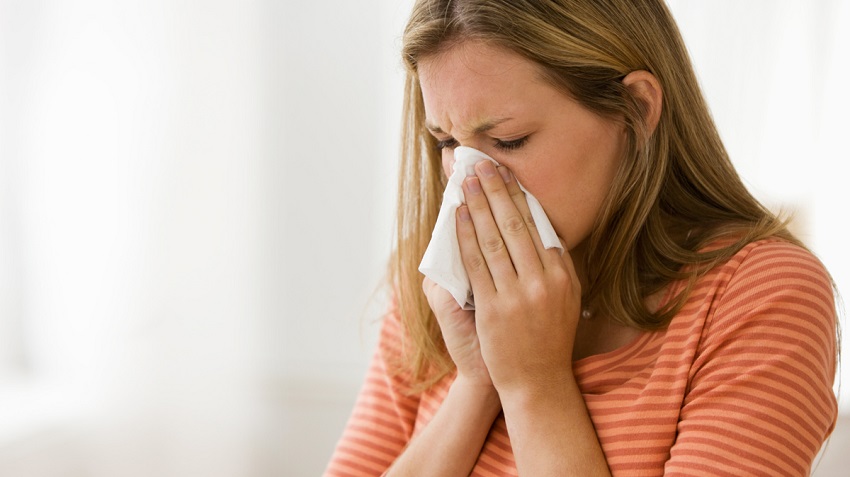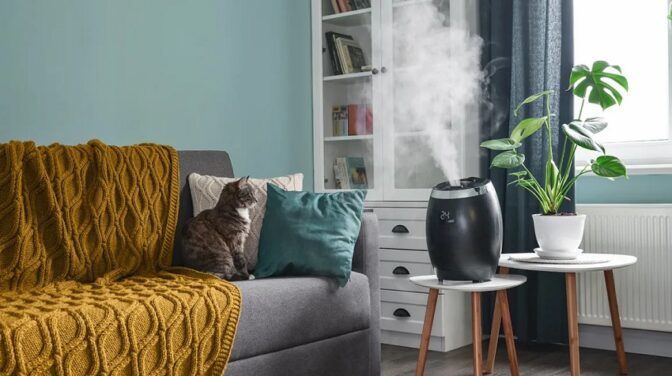In our quest for a comfortable living environment, we often turn to various devices to improve the air quality within our homes. One such device is a humidifier, which helps add moisture to the air. Humidifiers are commonly used during the dry winter months or in arid climates to alleviate dryness and promote better breathing. However, there are certain situations where using a humidifier may not be advisable. In this article, we will explore those scenarios and discuss when you should refrain from using a humidifier. This content is provided by https://celb.org/
The Dangers of Over-Humidification
Mold and Mildew Growth
One of the primary concerns associated with using a humidifier is the potential for mold and mildew growth. When the humidity level exceeds 50%, it creates a damp environment that fosters the growth of these microorganisms. If not addressed promptly, mold and mildew can lead to various health issues such as respiratory problems, allergies, and even asthma attacks. Therefore, individuals with respiratory conditions or allergies should exercise caution when using a humidifier, especially in high-humidity environments. Explore humidifier for sleep apnea.
Dust Mite Infestations
Excessive humidity can also contribute to the proliferation of dust mites, microscopic creatures that thrive in humid conditions. These tiny pests can trigger allergies and exacerbate respiratory problems. If you or someone in your household is particularly sensitive to dust mites, it is advisable to avoid using a humidifier, or at least keep the humidity level below the threshold that favors their growth.
Incompatible Room Conditions
Poor Ventilation
Humidifiers work by adding moisture to the air, but if the room lacks proper ventilation, the added humidity can become trapped and create an uncomfortable and potentially harmful environment. Rooms with poor airflow can experience condensation buildup, which may lead to the growth of mold and mildew, as well as damage to furniture and other belongings. It is crucial to ensure adequate ventilation before using a humidifier, especially in enclosed spaces.
High Humidity Levels
Certain regions already have high humidity levels, such as coastal areas or tropical climates. In these environments, using a humidifier can contribute to an excess of moisture in the air, leading to the issues mentioned earlier, such as mold growth and dust mite infestations. It is best to assess the existing humidity levels in your location before deciding to use a humidifier.
Specific Health Conditions
Asthma and Allergies
While a humidifier can provide relief for some individuals with asthma or allergies, it may not be suitable for everyone. People with asthma triggered by humidity or individuals with dust mite allergies may find that using a humidifier worsens their symptoms. It is important to consult with a healthcare professional to determine whether a humidifier is appropriate for your specific health condition.
Respiratory Infections
In cases of respiratory infections such as colds or flu, using a humidifier may not be recommended. These conditions often involve congestion, and adding moisture to the air can create an environment that promotes the growth of bacteria and viruses. In such cases, it is advisable to follow medical advice and refrain from using a humidifier until the infection has resolved.
Conclusion
While humidifiers can provide numerous benefits in terms of air quality and respiratory comfort, it is essential to consider specific situations where their use may be inappropriate. Mold and mildew growth, dust mite infestations, poor ventilation, high humidity levels, and certain health conditions are all factors that should be taken into account. By understanding when not to use a humidifier, you can ensure a healthier living environment and minimize potential risks.
FAQs
Q1: Can using a humidifier worsen my allergies?
A1: While a humidifier can provide relief for some allergies, excessive humidity can promote the growth of allergens such as mold and dust mites, potentially worsening allergy symptoms.
Q2: Should I use a humidifier if I live in a humid climate?
A2: If you already live in a humid climate, using a humidifier may not be necessary and can contribute to an excess of moisture in the air, potentially leading to issues like mold growth.
Q3: Are there any health conditions where using a humidifier is not recommended?
A3: Yes, individuals with respiratory infections or asthma triggered by humidity may find that using a humidifier worsens their symptoms. It is important to consult with a healthcare professional in such cases.
Q4: How can I prevent mold growth when using a humidifier?
A4: To prevent mold growth, ensure that your humidifier is cleaned regularly and that the humidity level is kept below 50%. Additionally, proper ventilation in the room is crucial to prevent excess moisture buildup.
Q5: Can a humidifier help with dry skin?
A5: Yes, a humidifier can help alleviate dry skin by adding moisture to the air. However, individuals with certain skin conditions should consult with a dermatologist before using a humidifier to avoid potential adverse effects.




